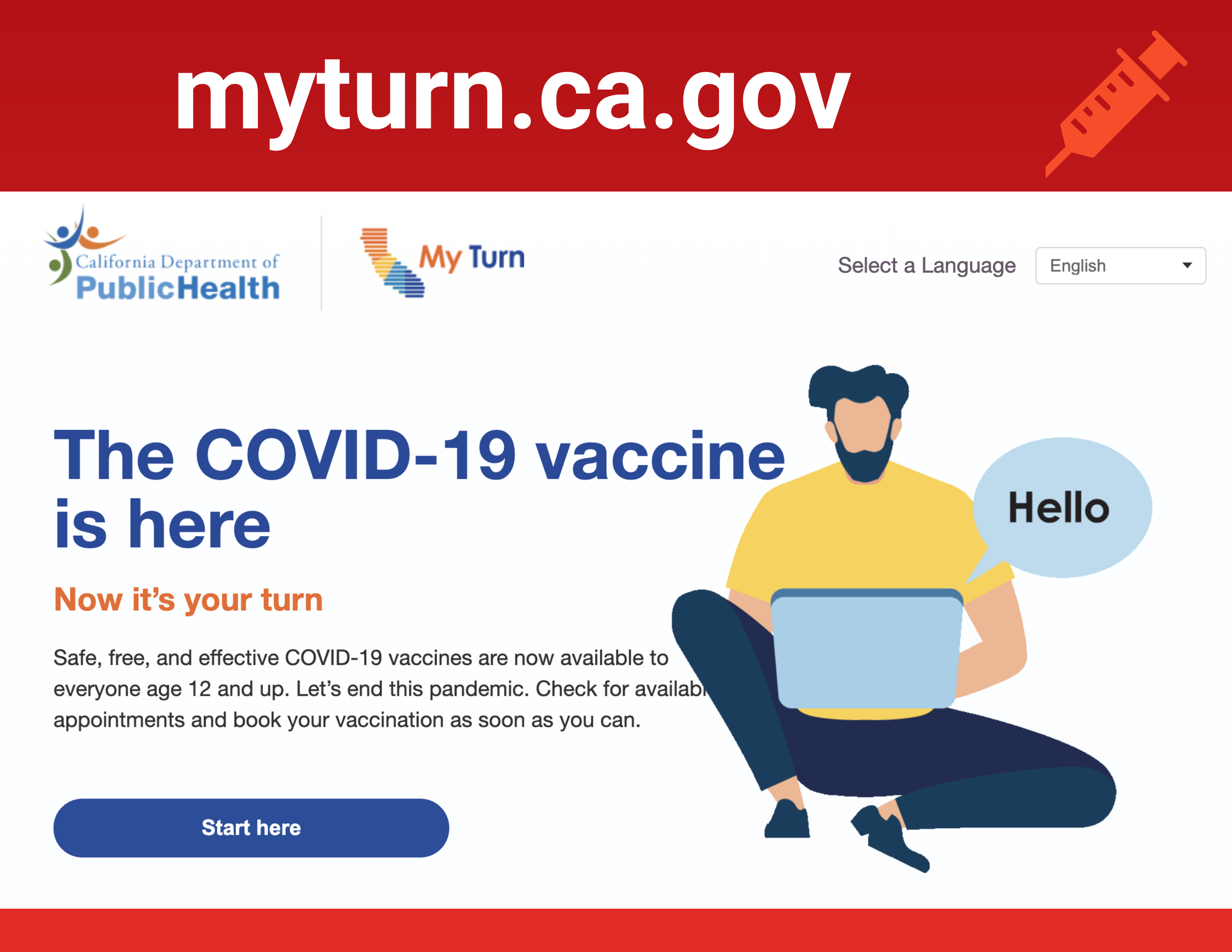COVID-19 FAQ
(Updated 11/2022)
NOTE: COVID-19 information is frequently updated. Be sure to refer to RSBCIHI, the California Department of Public Health, and the Centers for Disease Control for the most up-to-date information on COVID-19 guidelines, protocols, vaccines, and treatment.
General COVID-19 Information
-
COVID-19 is a disease caused by the virus SARS-CoV-2. COVID-19 can cause a range of symptoms or even be asymptomatic.
-
COVID-19 is spread by small respiratory droplets that can be breathed in when close to someone who is infected. Although unlikely, it can also spread by touching surfaces that have been contaminated with these respiratory droplets.
-
The main way to be safe from COVID-19 is to get vaccinated. Vaccinations allow your body to build a natural immune response against COVID-19.
Other everyday practices include wearing well fitted masks in public, proper hand washing, and maintaining distance between those who are sick.
-
COVID-19 variants are mutated versions of the virus. Viruses frequently change over time, and can be particularly concerning if they are highly transmissible and cause more severe illness.
Being updated on COVID-19 vaccination boosters ensure your body is prepared to fight against different COVID-19 variants.
Symptoms, treatment & testing
-
Fever or chills, cough, shortness of breath, difficulty breathing, fatigue, muscles or body aches, headache, new loss of taste or smell, sore throat, congestion, runny nose, nausea, diarrhea.
People who get COVID-19 may have a wide range of symptoms, which can be anywhere from mild to severe. These symptoms appear 2-14 days after exposure to the virus.
*Other symptoms may be present as well
-
You should get tested for COVID-19 if you are showing symptoms and have had a possible exposure to someone with suspected or confirmed COVID-19 infection.
-
Is it best to stay home expect to get medical care, remain hydrated, take over the counter medicines such as Tylenol, stay in touch with your healthcare provider, and try to isolate from others to prevent spread of infection. If symptoms continue to get worse, seek medical attention immediately.
-
You should seek emergency medical attention if you have trouble breathing, persistent pain or pressure in chest, confusion, or have inability to stay awake.
*Please seek medical attention for any other symptoms that are severe or concerning to you
**This list is not all possible symptoms
Vaccines
-
Yes, all the available COVID-19 vaccines are safe. They have been tested and are FDA approved.
-
Ingredients differ between Pfizer, Moderna, and Johnson & Johnson’s Janssen COVID-19 vaccines. However, none of the vaccines contain eggs, gelatin, latex, or preservatives. There are also no metals or manufactured products (ex. microelectronics, electrodes, carbon nanotubes) in any of the vaccines as well.
*Ask your healthcare provider if you have a concern or may be allergic to one of the vaccine’s ingredients
-
Yes, the COVID-19 vaccines are recommended for all people 6 months of age and older, including those who are pregnant, breastfeeding, or might become pregnant. Data suggest that the benefits of the COVID-19 vaccination outweigh any potential risks of vaccination while pregnant. Evidence shows that pregnant and recently pregnant people are more likely to get severely ill with COVID-19 when compared to non-pregnant people.
There also is currently no evidence that any of the vaccines cause fertility problems in either men or women.
-
Yes, children 6 months and older are able to get the COVID-19 vaccination. Reach out to your doctor or local pharmacy to learn more about vaccinating your child against COVID-19.
-
Booster doses are updated vaccines that protect you from newer variants of COVID-19. It is important to stay updated with booster doses to ensure you are maximally protected against COVID-19. Booster doses are especially recommended for immunocompromised individuals.
Have any more questions? Visit the Center for Disease Control and Prevention (CDC) website for more information: https://www.cdc.gov/coronavirus/2019-ncov/faq.html#Basics.
This COVID-19 Toolkit is supported by the STOP COVID-19 CA project, which is funded by the National Institutes of Health (NIH) Community Engagement Alliance (CEAL). This project is a part of the University of California, Riverside School of Medicine Center for Health Disparities Research in partnership with Riverside-San Bernardino County Indian Health, Inc. (RSBCIHI).






